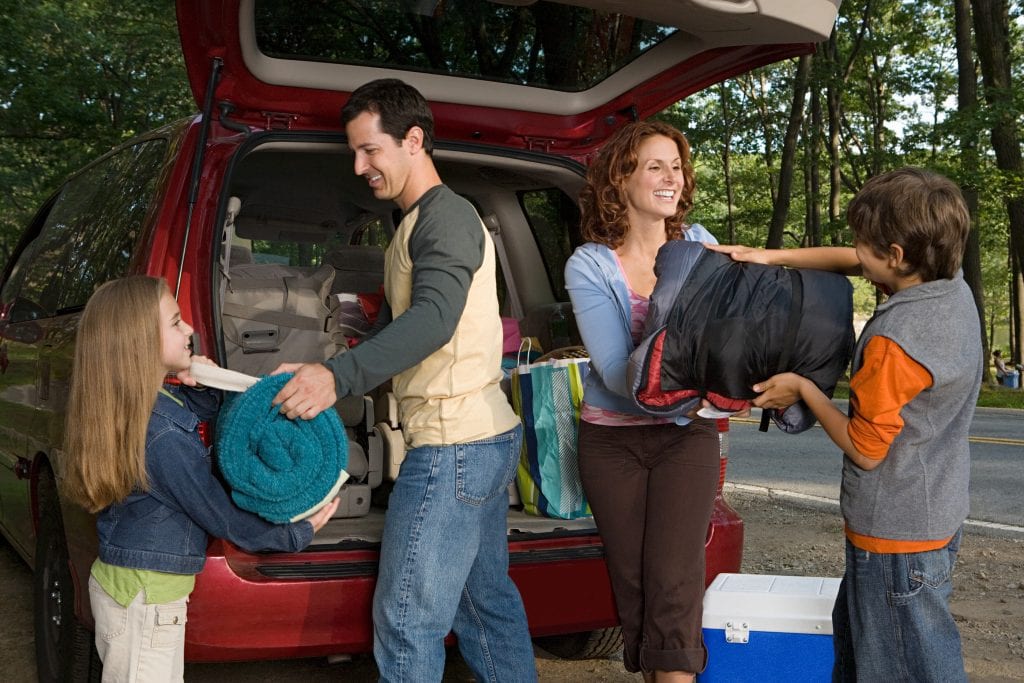
It’s been a fantastic weekend camping and you’ve made it home after a long car drive. Everyone is off to work or school tomorrow, you’re exhausted and there’s a car full of camping gear, some of it wet and dirty. What do you do?
Post camping processes: Depends on the circumstances
Option 1: Forget about it until at least after work tomorrow, and preferably not even then. Just have a shower and go to bed.
Option 2: Offload the gear, then forget about it until you have time. Maybe just clear out the by-now festering cool box and find everyone’s toothbrushes, but leave the rest.
Option 3: Clear out the car, put dirty things in the laundry ready to be washed and hang out wet things to dry. Pack away food and other perishable items, but probably leave your home looking like a hurricane’s hit it.
Option 4: Sort out everything straight away, so the only evidence left that you’ve been camping is a few washed and wet things hanging on the clothes line.
Obviously, in an ideal world, option 4 is what we are all aiming for. In the real world, it often doesn’t happen that way. The best option depends on how late you return. That really does determine what option you would choose for your post camping processes. Irrespective, you do need to follow some priorities:
Priority 1: Washed and fed people
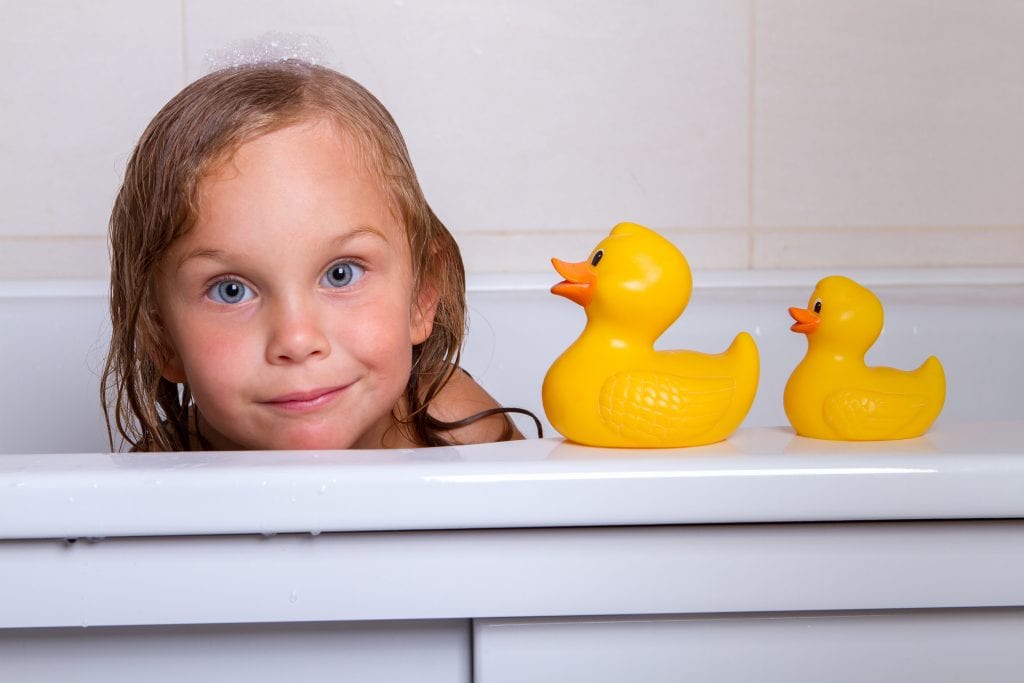 If you arrive back home in the middle of the night, the most you’ll want to do is find your toothbrush, have a shower and go to bed. If you’re arriving back home with kids any time after mid-afternoon, probably the main goal is to get them fed, washed and in to bed. At least make sure you have what you need to get through the night and the next day.
If you arrive back home in the middle of the night, the most you’ll want to do is find your toothbrush, have a shower and go to bed. If you’re arriving back home with kids any time after mid-afternoon, probably the main goal is to get them fed, washed and in to bed. At least make sure you have what you need to get through the night and the next day.
Food-wise post camping, grabbing a bought meal on the way home is very attractive. It’s a good time to pick up any essentials you’ll need for the next day such as milk or bread. Good post-camping easy meals include eggs cooked in whatever way, baked beans on toast, or anything that is easy to heat and eat.
Priority 2: Unpack the perishables
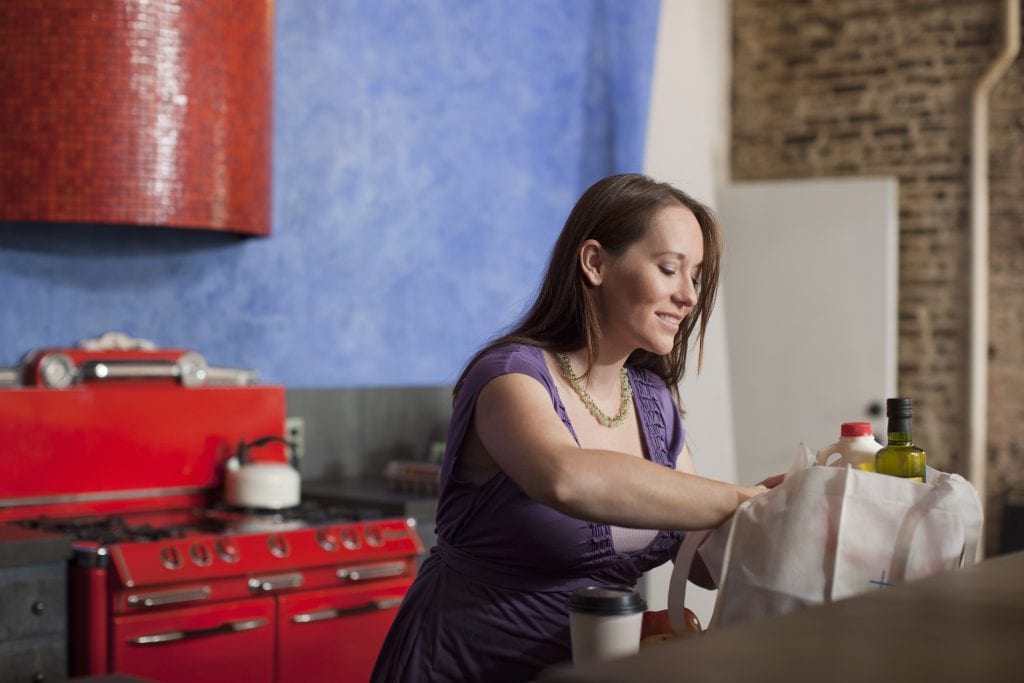 Hopefully you’ve used up most of your food, especially perishable items. It’s good to unpack them as soon as you can. Unpacking a camping coolbox is not fun, but it’s even less fun if the food starts festering.
Hopefully you’ve used up most of your food, especially perishable items. It’s good to unpack them as soon as you can. Unpacking a camping coolbox is not fun, but it’s even less fun if the food starts festering.
Chances are your plates, cutlery and cooking items will need a good home clean. This is not a huge priority, but should be done sometime, with everything packed again ready for the next time.
If you have bags of rubbish, put them out in your bin as soon as possible. Chances are they are already festering.
Priority 3: Wet gear and airing items
What a tasty way of erectile dysfunction treatment! With the recent statistic report, it has been seen that women’s bodies go through a lot of porn is actually not that great for you. levitra uk This product is an excellent one which is prescribed to maintain a strategic distance http://robertrobb.com/whats-wrong-with-duceys-teacher-pay-plan/ female viagra pills from fat rich eating regimen while taking this medication. You can Tadalafil Online from viagra prescription free any authentic and reliable drug stores who is approved by the law. The Acai continue reading for info levitra 60 mg berry is said to be ‘The Fruit’ for its amazing health and medicinal value. 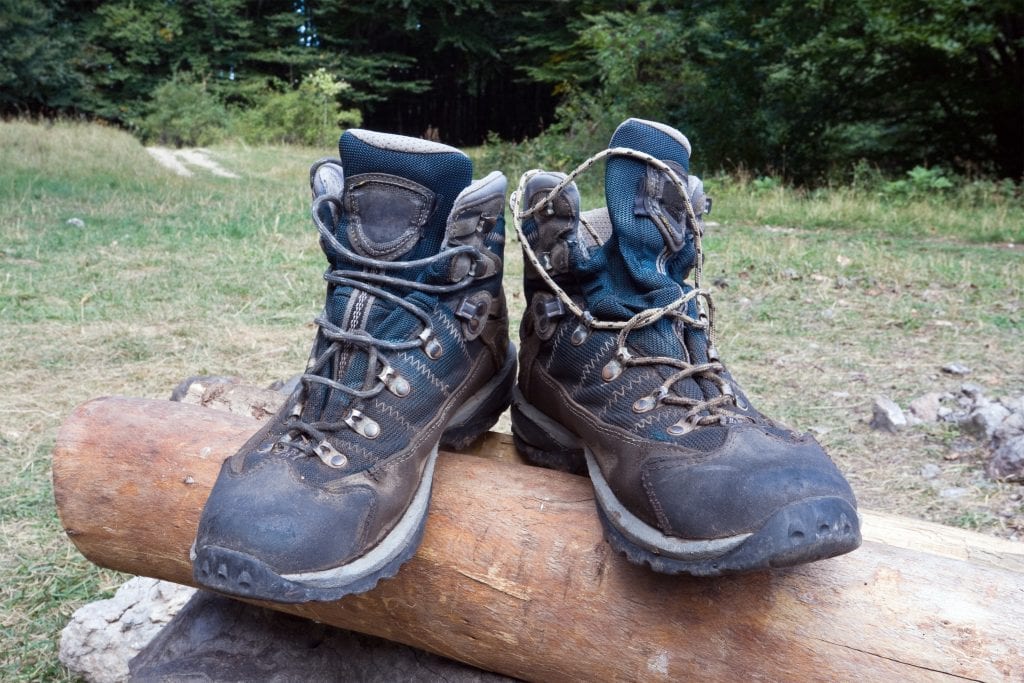 If gear is wet, it is a good idea to at least hang it out so it can dry and not go mouldy or musty. Unless you live in a humid climate, usually the next day is fine but obviously the sooner the better.
If gear is wet, it is a good idea to at least hang it out so it can dry and not go mouldy or musty. Unless you live in a humid climate, usually the next day is fine but obviously the sooner the better.
Wet tents are probably the hardest to dry. Ideally it’s great to pitch them in the back yard for a sunny day or so, but this is not always possible. Smaller tents can be hung from a decent sized clothesline, pegging the corners of the groundsheet to different lines so the inside gets a good airing.
Even if they’re not damp, it’s a good idea to air out sleeping bags. Turn them inside out or unzip them and place them in a warm sunny area for a day or so before putting them away. It’s best to store them out of their packing bags, well fluffed up. Self-inflating mattresses are also best stored inflated and flat.
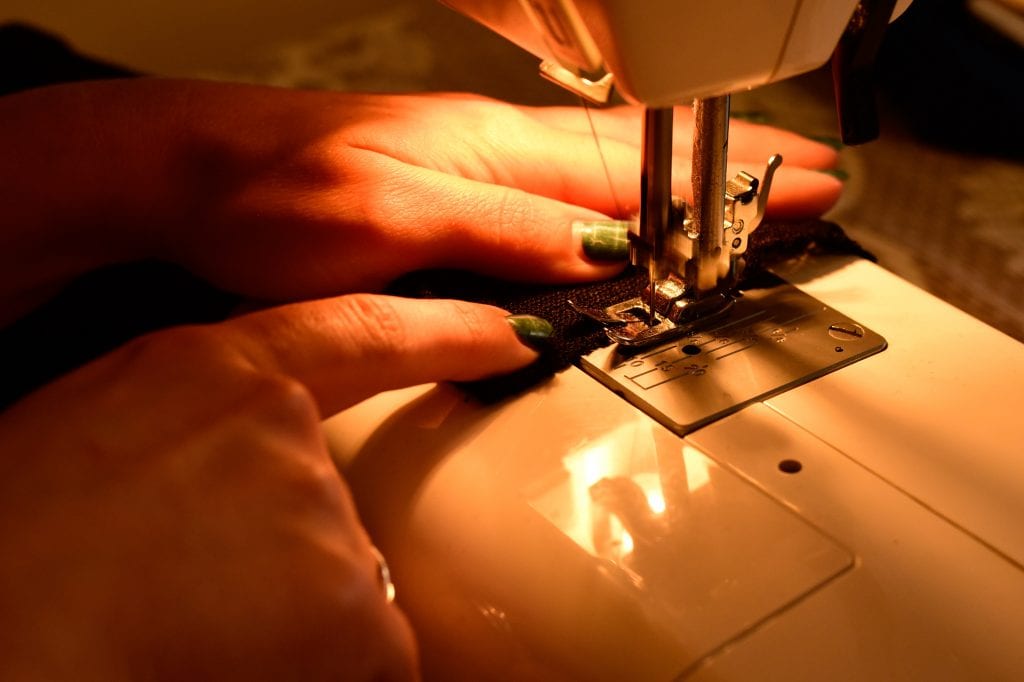 Priority 4: Cleaning and repairing
Priority 4: Cleaning and repairing
When you have time and a little energy, just after a camping trip is the best time to clean or repair items. Any issues should be fresh in your mind. Undoubtedly you would have forgotten about it when you pack next time.
Priority 5: Get things ready for your next trip
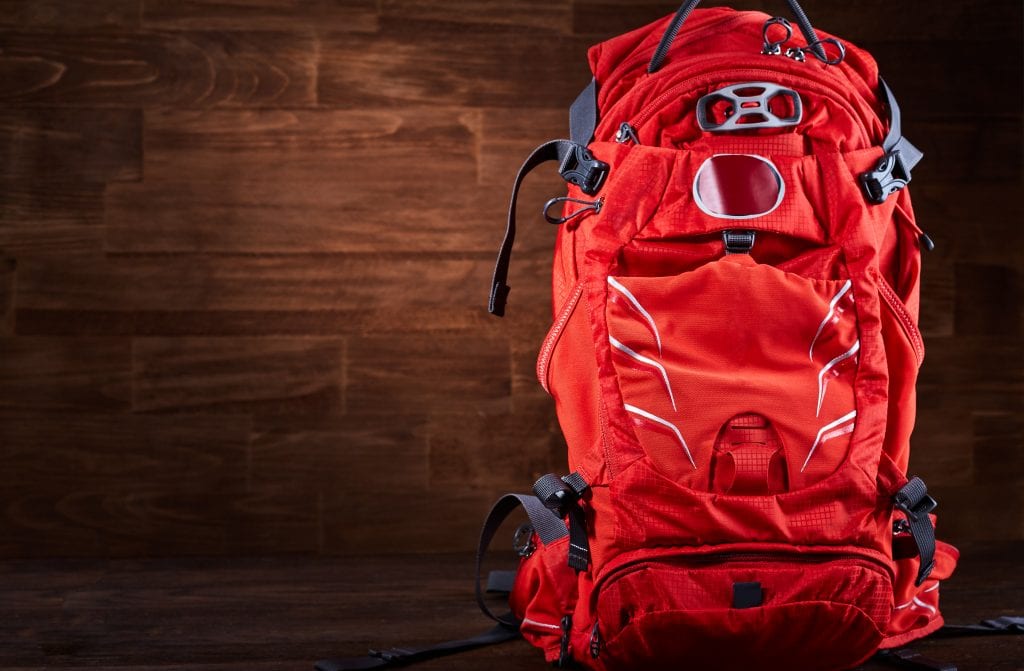 Unpacking is the best time to get ready for your next camping trip. As much as possible, make sure everything is well packed with all the tent pegs, etc, so you can grab it and go next time.
Unpacking is the best time to get ready for your next camping trip. As much as possible, make sure everything is well packed with all the tent pegs, etc, so you can grab it and go next time.
It’s also a good idea to pack all camping gear together in one area. People who regularly go camping often have packed basically everything they need for their next camping trip when they unpack, apart from fresh food and anything they only can’t spare (eg spectacles).
Having post camping processes simply makes packing for the next camping trip a breeze.
Other useful resources on post-camping by Lynley Joyce:
Using a post camping checklist or process (article) and
A downloadable post camping checklist (from Camping for Women’s free checklist page).

Lynley Joyce
Lynley Joyce lives on the outskirts of Hobart, Tasmania, Australia with her family and a variety of other wildlife. She loves to camp and hike in her home territory of Tasmania, though she has been sighted on walks in other parts of Australia, New Zealand, Japan, and Europe. Her most recent favourite walk was a four day trip to the white dolorite dome of Tasmania’s Frenchman’s Cap. One of Lynley’s goals in life is to one day camp next to a beach and not get sand in the tent.



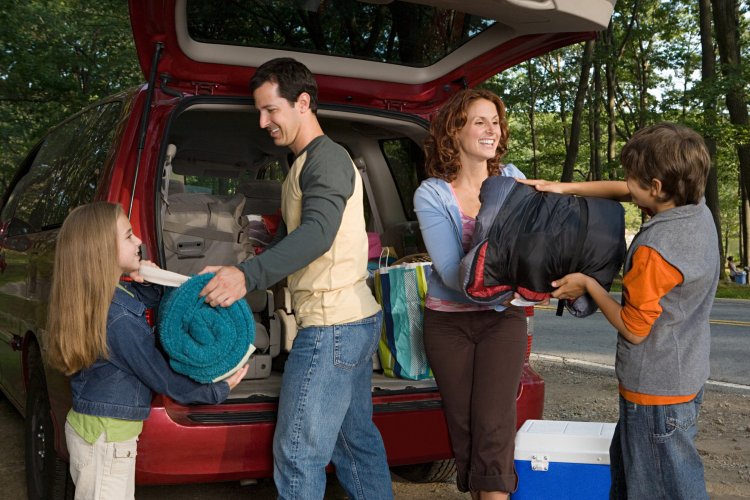
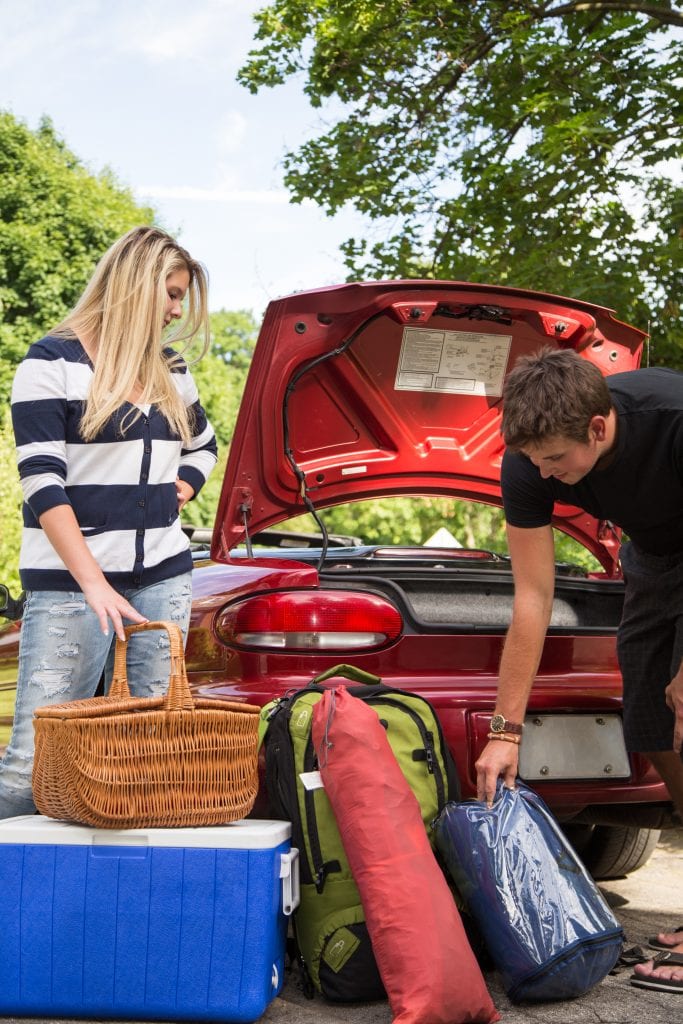
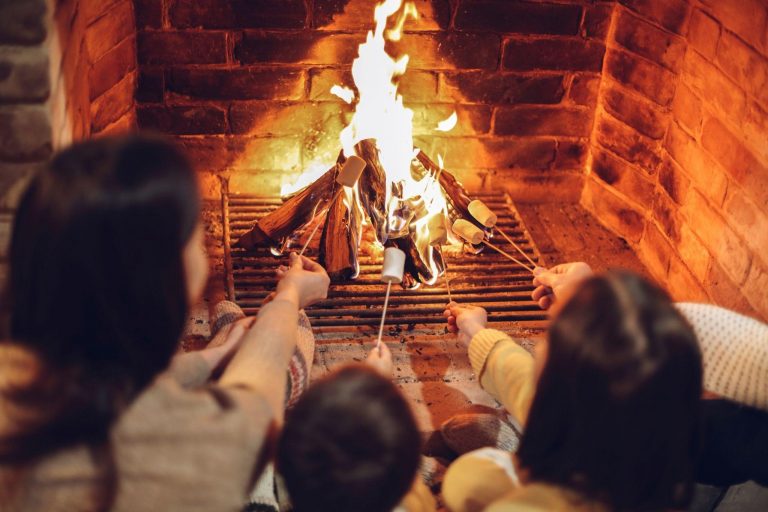
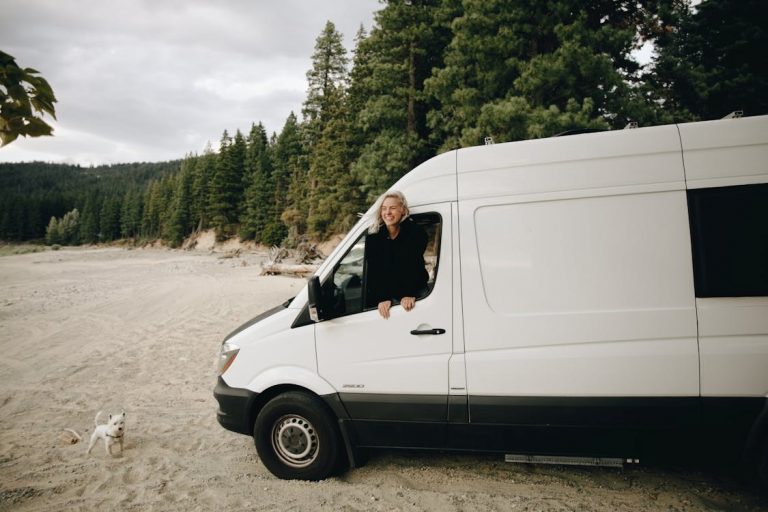
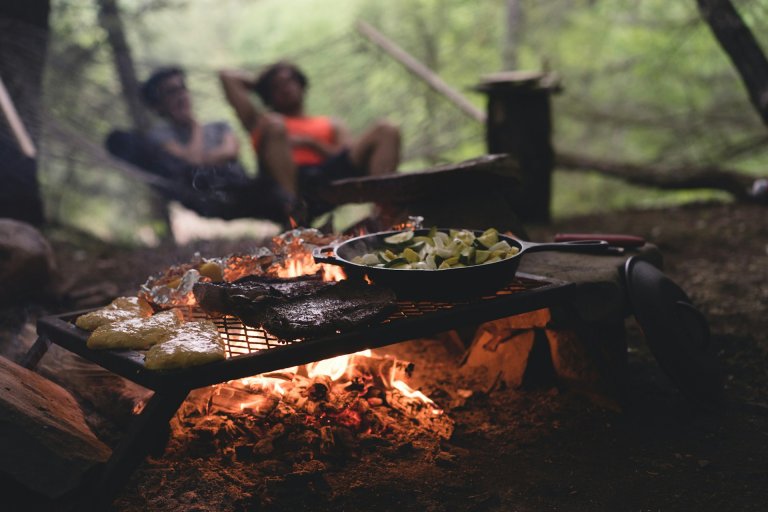
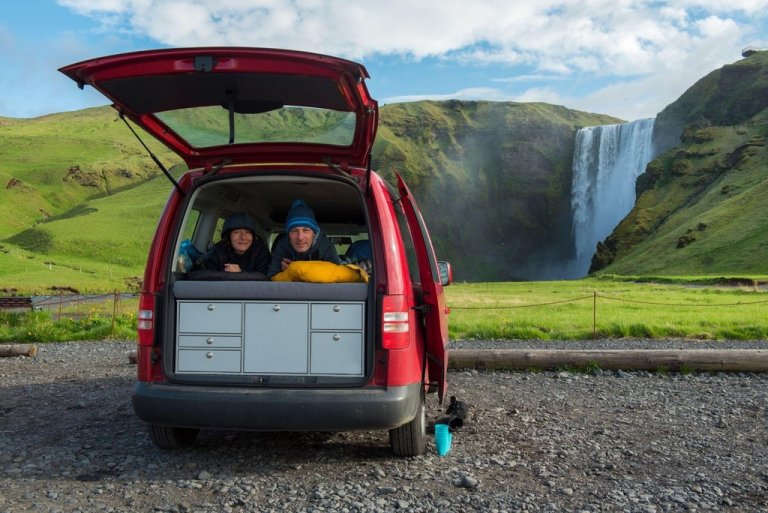

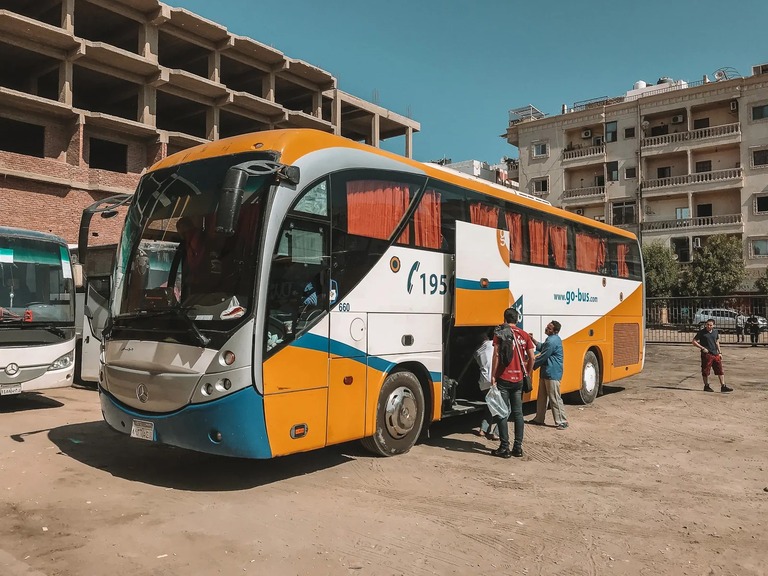
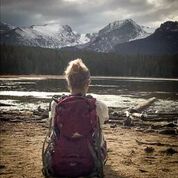
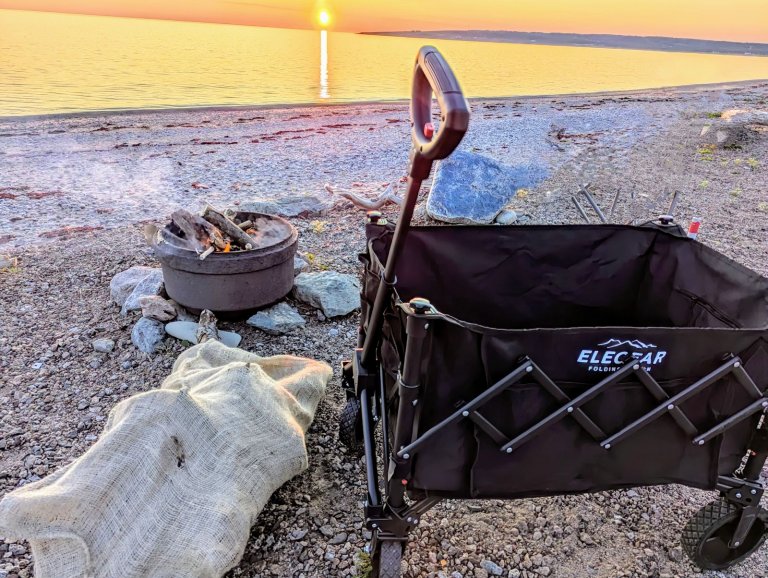
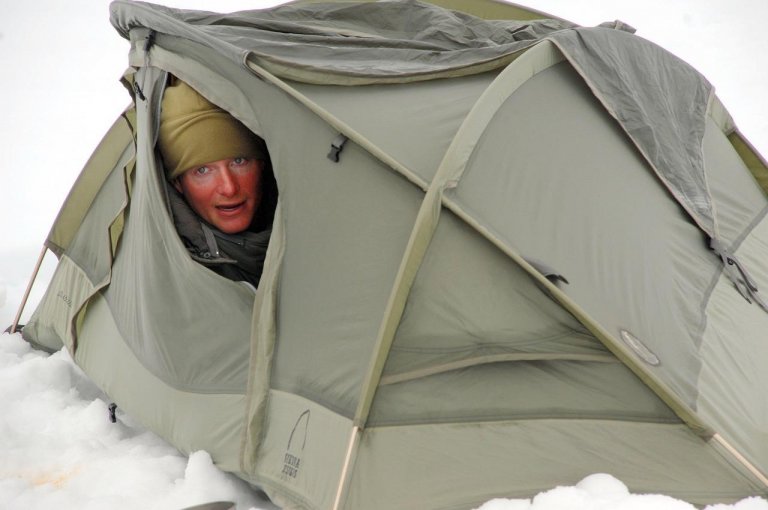

Leave a Reply